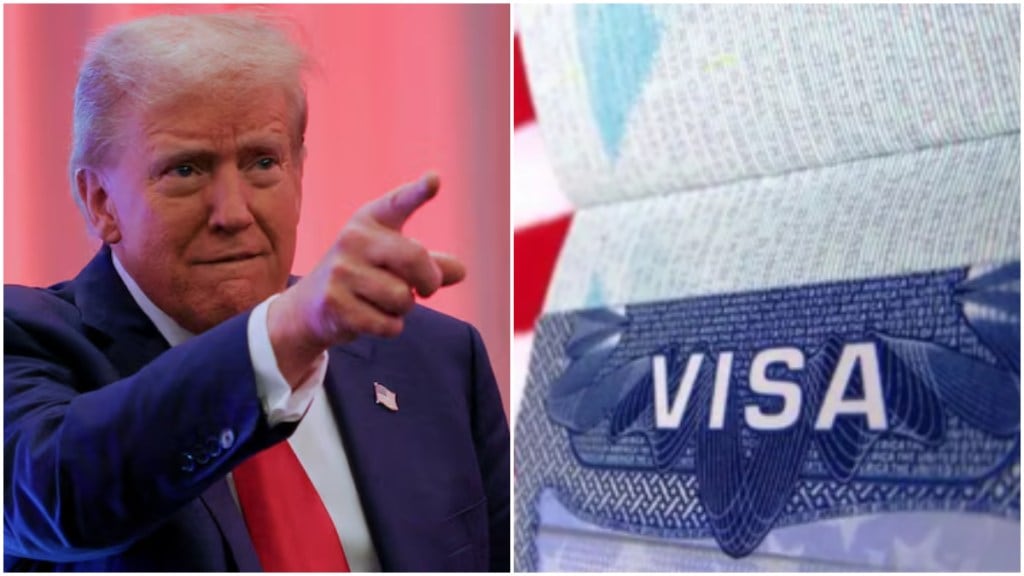US President Donald Trump has ordered all embassies to stop scheduling new appointments for student visas. The announcement comes as the Trump administration plans to start social media vetting of such applicants before giving them the visas. When asked about student visas, State Department spokesperson Tammy Bruce said the US is committed to carefully checking the backgrounds of people entering the country and will continue to do so, reported CBS News.
As a result, many applicants are now wondering what kind of posts or content on their social media accounts might hurt their chances of getting the visa. But first we need to understand what exactly does social media vetting mean.
Social media vetting: How does it work?
Social media vetting is a type of background check where officials would look at what a visa applicant has posted online to check for any possible security concerns and also to confirm the details given in their application. They can review your activity on platforms like Facebook, Instagram, X (previously Twitter), LinkedIn, TikTok, and others. This also includes looking at posts, group memberships, and interactions.
Since 2019, the US has asked most visa applicants, including students, to list all social media accounts they’ve used in the past five years. Officials then compare this information with other background and security checks. They look out for warning signs like support for dangerous groups, possible visa fraud, or differences in the person’s identity or education history.
Trump’s social media crackdown: Content to post, avoid and be wary of
- Avoid posting about antisemitic ideologies
In April, the US Citizenship and Immigration Services announced that the Department of Homeland Security (DHS) will strictly apply all immigration laws to help safeguard the country. This includes taking action against individuals linked to extremist groups or those who support antisemitic violence or organisations like Hamas, Hezbollah, or Ansar Allah, also known as the Houthis.
- Pro-Palestine? Don’t make it public yet
The DHS in their statement also said that there would be strict scrutiny of individuals who post about Palestinian Islamic Jihad. US President Donald Trump has already reiterated many times that students who come to study, but end up becoming a part of protests at the campus, should not be welcomed. So any mention about Palestine protests or pro-Palestine ideologies could do serious harm to an applicant. So avoid posting such content from social media accounts
- Avoid sharing misleading/inflammatory content
The most important thing to remember is that from now on, a student’s online activity will be just as important as their presence on US university campus. That’s why it’s crucial to stay away from posting or sharing anything that might be seen as offensive or misleading. One of the best ways to be safe can be to review your privacy and content settings.
- True identification
It is absolutely necessary for students to review the information they have shared in their applications, and check if it matches what they have shared online. Any case of false identification or wrong information could turn out to be your exit ticket.
According to the USCIS, the Secretary of State, Attorney General, Secretary of Homeland Security, and the Director of National Intelligence, were ordered to find and use all possible tools to thoroughly check anyone trying to enter the US. They get to decide what information is needed from each country to process visas or immigration benefits, confirm a person’s identity, and make sure they do not pose a safety risk.
- Coming from high-risk area?
Coming from a high-risk area, like a war zone, could lead to more review and scrutiny of your application, and for what you post on social media. It is important to be practical and truthful without any bias in whatever content you have shared online.

